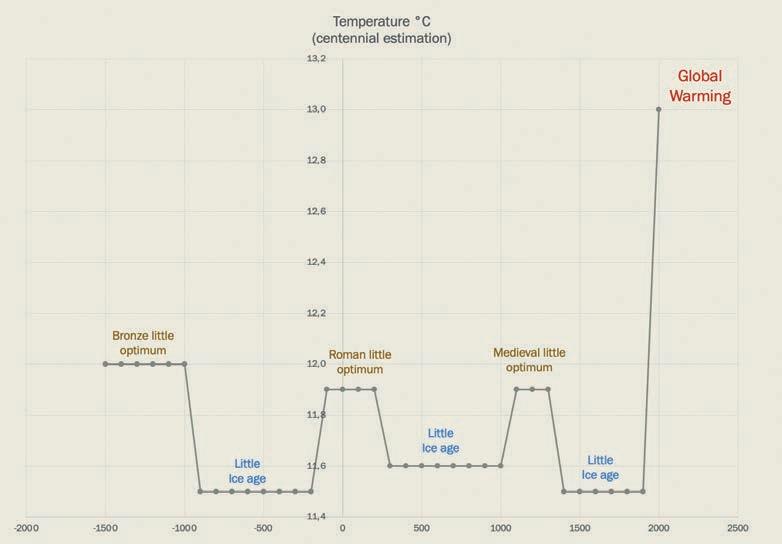300 I PART 2 I SOCIAL AND ECONOMIC IMPACTS
[ Table 6.13 ] Projected changes (in percentage) of seven assessed socio-economic metrices across Viet Nam in a warming climate Metric
RCP26 2050 2075 2100
RCP45 2050 2075 2100
RCP60 2050 2075 2100
RCP85 2050 2075 2100
Hourly wage
-9.5
-11.3 -12.4
-12.3 -17.7 -21.8
-5.7
-11.8 -18.6
-15.7 -27.6 -39.5
Hours worked
-0.5
-0.6
-0.6
-0.6
-0.9
-1.1
-0.3
-0.6
-0.9
-0.8
-1.3
-1.9
Gender pay gap 0.5
0.6
0.6
0.6
0.9
1.1
0.3
0.6
0.9
0.8
1.3
1.9
Firm revenue
-3.1
-3.7
-4.1
-4.0
-5.8
-7.2
-1.9
-3.9
-6.1
-5.2
-9.1
-12.9
Firm TFP
-3.3
-3.9
-4.3
-4.3
-6.1
-7.6
-2.0
-4.1
-6.4
-5.4
-9.6
-13.7
Firm output
-6
-8
-8
-8
-12
-15
-4
-8
-12
-10
-18
-26
Firm size
-2.0
-2.4
-2.6
-2.6
-3.8
-4.6
-1.2
-2.5
-3.9
-3.3
-5.9
-8.4
Note: For each of the greenhouse gas emission scenarios, the mean of all projections was provided.
8. Policy implications This chapter has assessed the impacts of changes in temperature and precipitation on economic entities, including workers, businesses, and households. The chapter’s findings add useful information to the literature, and provide evidence to support the process of policy-making in response to climate change. Unlike the results of the sectorial impact assessment, this chapter studies the impacts of climate variability on the welfare of workers, households and firms’ performance. The chapter results provide several policy implications for Viet Nam’s response to climate change, as follows:
uOn the impact assessment of climate
change: Various models and analyses in this chapter suggest ways and channels to assess the impacts of climate change on different actors in the economy. Assessing the impacts of climate change is necessary to provide a basis for reviewing, adjusting and promulgating
policies to respond to climate change. According to the revised Environmental protection Law in 2020, this assessment needs to be carried out in order to formulate appropriate climate change response policies. Currently, documents to guide local governments in their impact assessments are being prepared. The findings of this chapter show that climate change may have adverse effects on job creation, employment allocation, economic restructuring, household income, and business performance. Therefore, the climate change impact assessment should consider the impacts on these economic entities and aspects. In particular, the results show that the impact on the incomes of some vulnerable groups such as the poor and women should be paid due consideration.
uOn the impacts of climate change on agri-
culture and structural change: The results of this chapter show the negative impact of increases in temperature on household income from agriculture. These are consistent with




























